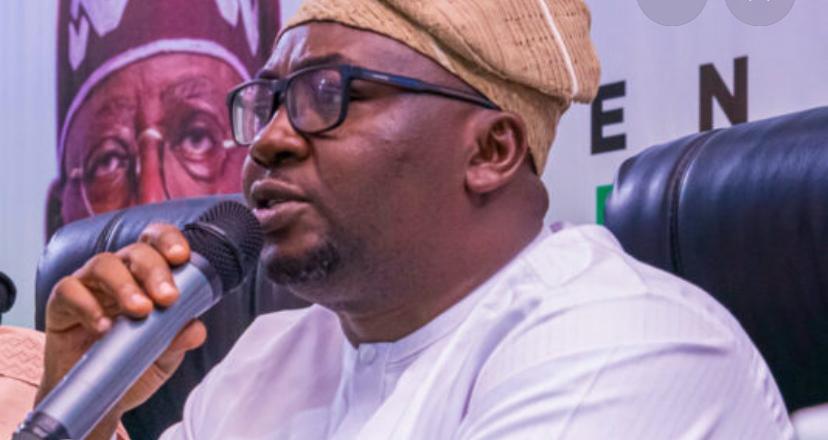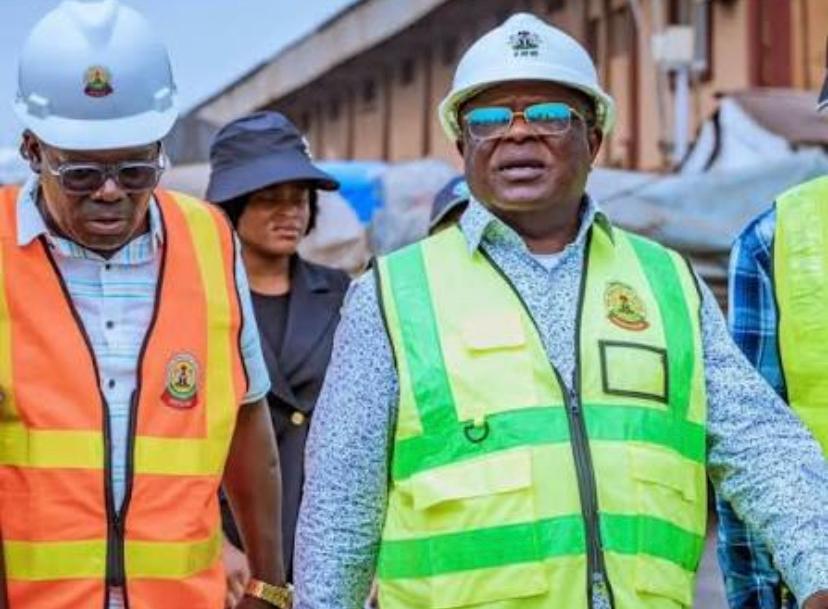Finally, Democracy in Nigeria
Back in January, I published an article on Nigeria Presidential elections and who I would vote for. It is no secret that in spite of Jonathan’s overwhelming shortcomings in his administration of Nigeria I still voted for him. But Nigerians just have had enough, and could not give him a second chance. The election result was not even close, Buhari won convincingly, Nigerians have spoken, and as a democrat I wish Buhari well. As a Nigerian, however, I shall pray for his success, for his success means success for Nigeria. To win or lose an election is no big deal in civilized countries, but it is a huge deal for a sitting president to lose an election in Africa, and more importantly to concede to being defeated. Election results are often predictable in Nigeria and across Africa, no wonder the huge shock across the world when Jonathan lost and immediately congratulated Buhari. George Washington could have been President for life, but he gave up power after two terms in office. Mandela only served once, and felt he has given all to his country. These two men will forever be remembered by history for the precedents they set. By this singular act, perhaps Jonathan has possibly bequeathed the best legacy to Nigeria’s democracy, and for this we shall forever be thankful of what appears to be an upcoming smooth transition.
I have stayed off this medium for the past couple of months because the polity was becoming too heated across Nigeria in the months leading to our last election. While I did not want to contribute towards heating up the political discuss, I knew that INEC has finally become truly independent. My last article was specifically about INEC’s independence. I equally made it clear that I believe Jonathan would willingly hand over power if he loses the election. In the end, that was just what happened. The biggest and the untold story of this last election is the beginning of true democracy in Nigeria. It will take several more cycles of free and fair elections before we can talk about the entrenchment of democracy. But surely, it is a good beginning, one which we ought to be proud of. Since that Presidential and National Assembly elections, I have closely followed the governorship and state House of Assemblies, as well as all the reruns and supplementary elections. Even in states that are vigorously contested by both parties, the people spoke their minds, often loud and clear with their votes. What hopefully may develop from this is that some politicians may finally begin to see their electorate as powerful enough to get rid of them if they failed to perform. This is a huge win for democracy in Nigeria.
Some have wondered why the people rejected Jonathan so thoroughly after giving him an overwhelming victory four years earlier. Well, the PDP have had it so good for so long, they began to feel invincible. But people like me knew they were all along vulnerable. Jonathan and his administration have failed on many fronts, especially in some of the most important areas in the life of the average Nigerian. I have written dozens, perhaps hundreds of articles, criticizing, advising, and sometimes warning of consequences. The truth is that they never listened because they felt invincible. If only they listened. Those who pointed out their shortcomings were instead seen as enemies of progress, or haters. But that was not the case for everyone. People like me voted for Jonathan in 2011 and wished him well. But that cannot trump my responsibility as a Nigerian, and my desire to see things done right for the sake of our beloved country. In the end they never listened, and the people chose to throw them out. This is what democracy is all about; you are ultimately accountable to those that sent you there in the first place, and if they believe that you have not performed, they can vote you out of office.
What made this election so credible is that nothing was totally predictable. Who could have thought that the PDP will win every seat in much contested Ekiti House of Assembly, or that APC will win the governorship seats in Plateau and Benue states, presidential election as well as two senate seats in Benue. In spite of all odds, the PDP governor retained his seat in Taraba state after a rerun, and Rochas, and APC governor equally retained his seat in Imo state after much wrangling and supplementary elections. In state after state, the people spoke; rewarding those who they believed have performed, and punishing those who have taken their earlier votes for granted. I am truly excited about this development in Nigeria.








